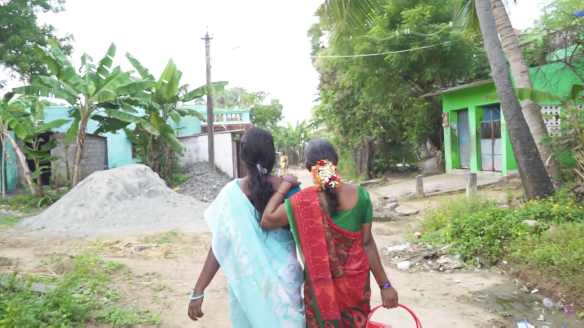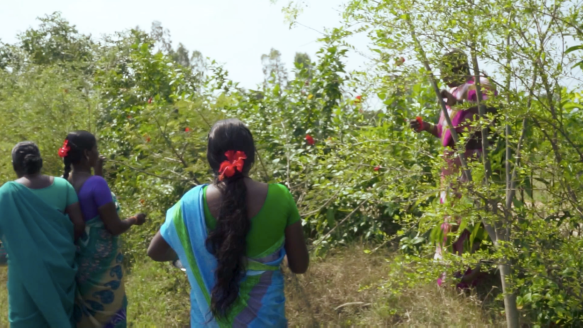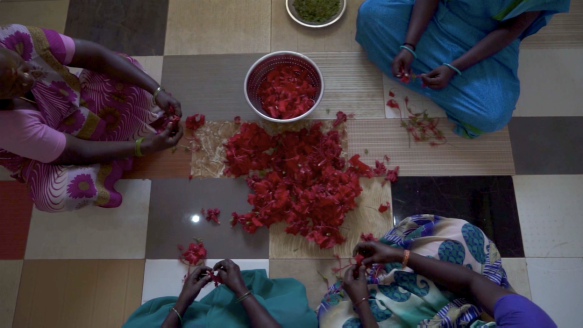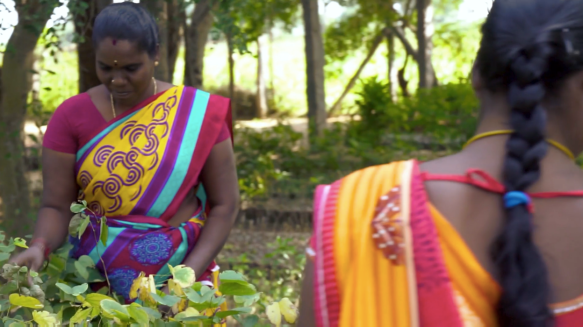Written by: Jamie Nyqvist
I have a confession. I used to be what you call an ego-centric consumer – always asked myself “what an item is worth” or “what can I get from it.”. Often times the answer was related to convenience and practicality. It never occurred to me to dig deeper and ask, “what is the value of the item to those who produce it.”

With the adoption of the UN Sustainable Development Goals in 2015 came the rise of the ethical consumer: a consumer who considers not only the individual, but the social goals, ideals and ideologies of a company as well. With this new type of ethical and eco-minded consumer comes the idea of sustainable livelihoods that focus on allowing people to not only maintain and enhance activities required for a means of living, but also focus on extending this livelihood to future generations. Together, in a purely consumerist context these work hand-in-hand to create an entire chain of production that gives instead of takes.

In the small village of Nadukuppam, Amirtha Herbals works with rural women and provides them with a livelihood by including them in every step of the production process of their medical herbal products. What this enterprise is wholesomely accomplishing is providing opportunity and community building at every step. Paravathy, founder and mentor of the enterprise, focuses on the impact that Amirtha Herbals has on the Pichandikulam forest in Auroville to keep it alive, and teaches women how to move from a labor-based work environment to that of an entrepreneurial work environment, as well as provides products to rural women at a subsidized price.

This quote from one of the women who works at Amirtha Herbals says it all: “The extra income not only helps support my family, but we don’t have to rely as much on our husbands.”

What can be learned from social enterprises such as these is that a product is far more than the product itself. It is only as good as its production, and what comes out of the Amirtha Herbals production is an herbal medical product that can be purchased on a commercial level. But what is actually created is a sustainable livelihood for the women of Nadukuppam so that they can provide for themselves and their families.
Now I can proudly say that after witnessing first-hand how to run a truly sustainable enterprise, I can call myself an ethical and eco-minded consumer.
Photos by: Jamie Nyqvist
